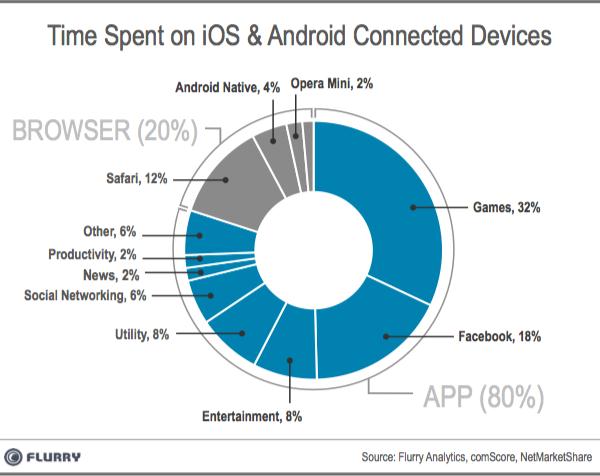Nomophobia.
Ever heard of that term? It refers to the fear of being out of mobile phone contact. I’m sure that doesn’t sound new to any of us. Whether it’s the agitation we feel when we have spotty reception and battery issues, or the outright panic that besets us when we can’t find our phones, a lot of us probably experience this phobia one way or another.
It’s interesting to note that this term was first coined back in 2008, when people were only starting to get used to navigating their first generation iPhones via touch controls. A study conducted by the U.K. Post Office revealed that an estimated 53% of mobile phone users in Britain experience nomophobia, leading experts to conclude that this “may be the 21st century’s contribution to our already hectic lives”.
Fast forward to 2012, when a similar survey conducted by SecurEnvoy showed that the percentage of nomophobics in the U.K. had risen to 66%, with people checking their phones an average of 34 times a day. A Baylor University study conducted by James Roberts, Ph.D., unearthed even more staggering numbers, showing that young adults check their phones about 60 times on an average day.
Yes, smartphones are the 21st century narcotic, so much so that California’s Morningside Recovery Center has initiated the first rehab group for those struggling with phone addiction issues. It might sound ludicrous at first, but think about it: how dependent are you on your smartphone? Can you imagine going a day without it? How about a week?
Take a look at the pie chart above. This study by Flurry Analytics revealed that the U.S. consumer spends an average of 2 hours and 38 minutes per day on smartphones and tablets. That isn’t necessarily a bad thing, since we do also use our devices for work and research. But check it out—productivity and news apps account for a measly 2% each, amounting to just under seven minutes of productive phone use. Of course, this doesn’t reflect the usage of those who actually utilize their smartphones as business phones (read more).
Running from the Angry Birds with Candy
You might’ve thought that social networking would account for the biggest chunk of time spent on smartphones; I know I did. Then I figured, given the 140-character Tweets and Facebook’s compressed News Feed, you only really need a couple of minutes to check what’s happening to your friends online. When it comes to games though, it’s so easy to lose track of how much time you’re spending—ahem, wasting—running through temple ruins or wiping out those pesky pigs. I must confess to staying up way past my bedtime as I try to strategize my way up the increasingly difficult levels of Candy Crush.
For some, like me, these games started out as ways to pass the time while standing in line or waiting for the next flight. But if you’re not mindful, you’ll slowly get pulled into the gaming quicksand, and you’ll have nothing to show for those fifty minutes other than a (hopefully) high score on the Game Center boards.
The World of Facebook
Those who are up-to-date on all things techy might be familiar with Facebook Home, the new, Facebook-centric software for Android smartphones. It’s basically their attempt to keep you even more immersed in this virtual community, putting all your updates and messages right in your home screen. Zuckerberg rationalizes that Facebook is the one app that people use the most, so why not make it more accessible?
Well, going back to the pie chart, you’ll see that he did have it right—Facebook commands so much of our time that it’s in a separate category of its own. Flurry explains that most users access web content like links and articles straight from the Facebook app, effectively making it a browser of its own. But do we really need more Facebook? It’s practically become our primary source of communication, especially coupled with Twitter. Sure, that’s fine and dandy when keeping in touch with family and friends abroad. What about those who are within our reach? I can’t count the number of times I’ve been out with friends only to find us sitting quietly at our table, each tapping away at our respective devices. Is this what our relationships have whittled down to—likes and shares and comments?
With all the new technology being developed to bring us more and more into the digital/virtual world, now might be a good idea to step back and think about our habits as consumers. Just taking a couple of minutes off our devices could allow us to concentrate on things that really matter, like exercise and actual contact with people. Think about it, should we let our smartphones consume us, instead of the other way around?

